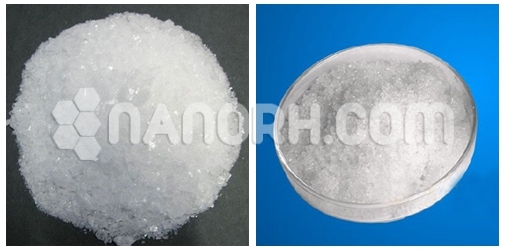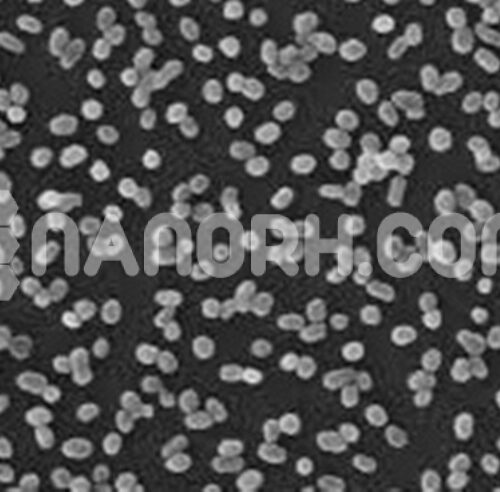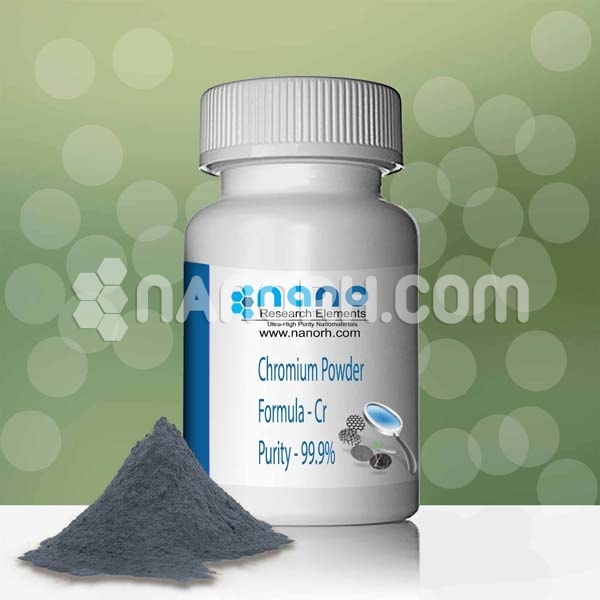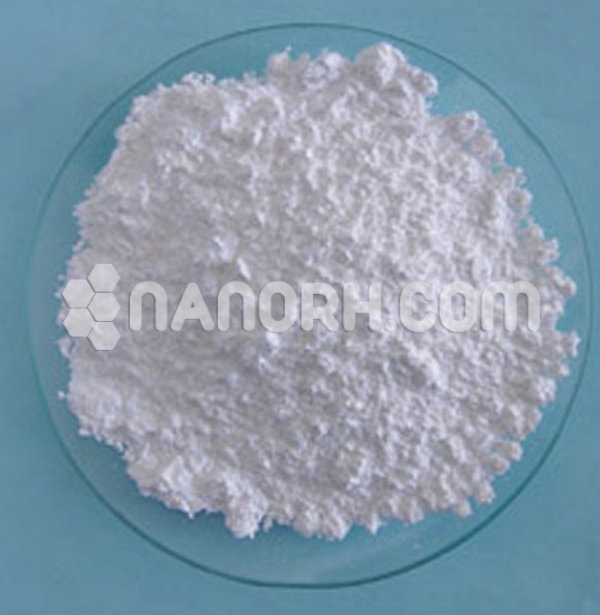Indium III Chloride (InCl3,40-50µm,99.9%)
Indium(III) chloride is the chemical compound with the formula InCl3. This colorless salt finds some use in organic synthesis as a Lewis acid. It is also the most available soluble derivative of indium.
| Indium III Chloride | |
| Product No | NRE-11121 |
| CAS No. | 10025-82-8 |
| Formula | InCl3 |
| Molecular Weight | 221.18 g/mol |
| APS | <50µm (can be customized) |
| Purity | 99.9% |
| Density | 3.46g/cm3 |
| Color | White |
| Melting Point | 586°C |
| Boiling Point | 800°C |
Indium(III) chloride
Indium chloride is a chemical compound with the formula InCl3. It is a moderately water-soluble salt used in various industrial applications. The powder form of indium chloride finds usage in several areas due to its unique properties. Some of its applications include:
Semiconductor Industry: Indium chloride can be utilized in the semiconductor industry for the production of transparent conductive coatings, thin-film solar cells, and as a dopant in semiconductors. It is often used to make indium tin oxide (ITO), a transparent conducting oxide used in displays, touch screens, and solar cells.
Catalysis: Indium chloride powder can serve as a catalyst in various chemical reactions, including organic synthesis, such as in the formylation of aromatic compounds. It can facilitate several important reactions in organic chemistry due to its Lewis acidic properties.
Electroplating: Indium chloride can be employed in electroplating processes, especially for plating metal surfaces with a thin layer of indium. This can enhance the surface properties, such as corrosion resistance, conductivity, and solderability.
Research and Development: In research and development laboratories, indium chloride powder may be used for experimentation in various chemical and material science studies. Its unique properties make it a valuable tool for exploring novel applications and processes.
Production of Other Indium Compounds: Indium chloride serves as a precursor for the production of other indium compounds, including indium hydroxide, indium oxide, and various other indium salts. These compounds find applications in different industries, such as electronics, optics, and coatings.
Organometallic Chemistry: Indium chloride can be used as a precursor or reagent in various organometallic chemistry reactions, especially in the synthesis of complex organic compounds and coordination complexes.
Medical Applications: While less common, some studies suggest potential applications of indium compounds in medical imaging and targeted drug delivery systems. Research is ongoing in this area to explore the potential biomedical applications of indium compounds.




